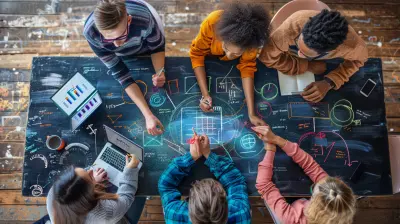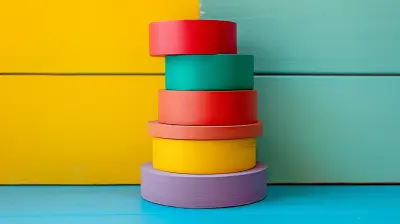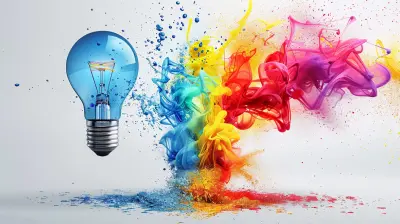How Collaborative Learning Encourages Lifelong Learning Skills
20 October 2025
Let’s get real for a moment. Remember those school group projects we all moaned about? The kind where one person did all the work, one person disappeared, and someone just brought snacks (bless them)? Yeah, those. But what if I told you that collaborative learning isn't just about chaotic group chats or awkward Zoom calls? In fact, it’s one of the best ways to build skills you’ll use for a lifetime.
In this article, we’re diving into the awesome ways collaborative learning helps boost lifelong learning skills. It’s not just good for passing exams—it’s a full-on life upgrade. So buckle up, buddy. We’re about to see group work in a whole new (and dare I say, exciting?) light.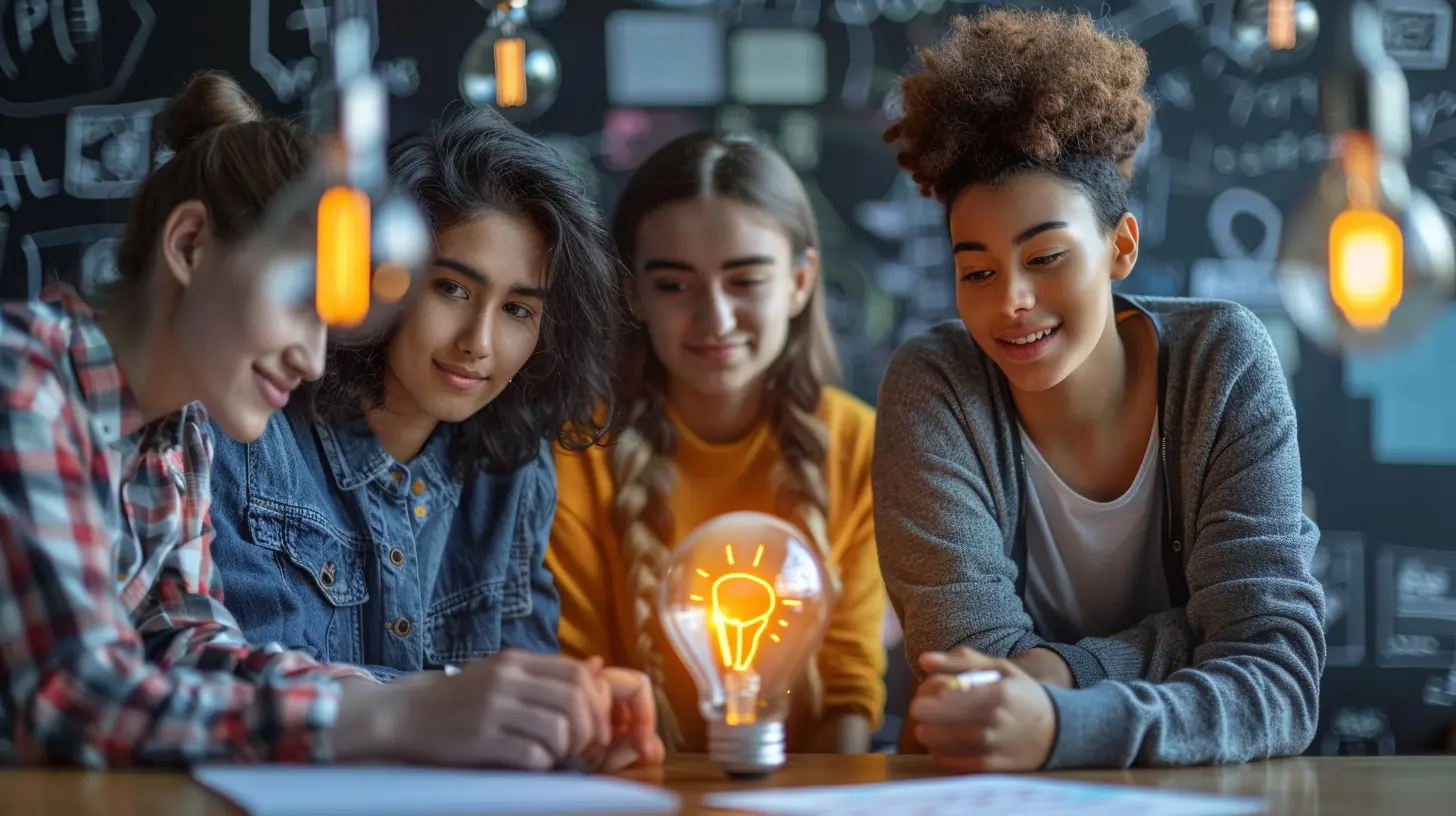
What Is Collaborative Learning, Anyway?
Let’s start with the basics. Collaborative learning is an educational approach where students team up to explore a topic, solve problems, or tackle a project. It’s not about sitting silently while one person does all the talking. Nope. Everyone pitches in, shares the workload, and learns from each other.Think of it as building a puzzle—each person has a piece, and when you put them all together, bam! You get the full picture.
Whether it's in-person brainstorming sessions or shared Google Docs during remote classes, the goal stays the same: learn together, grow together.
Why Lifelong Learning Matters (Spoiler: It's Super Important)
Before we dig deeper, let’s chat about lifelong learning for a sec. You might think, "Hey, once I graduate, I’m DONE learning." But hold up—life doesn’t work like that.Lifelong learning is the ongoing, voluntary, and self-motivated pursuit of knowledge, whether it's picking up a new skill, diving into a fresh passion, or staying sharp in your field of work.
We need it because the world’s changing faster than TikTok trends. New tech, new jobs, new ideas. If you're not learning, you're falling behind.
So how do we build the habits and skills to keep learning, even after the diploma is hung on the wall? Enter: collaborative learning.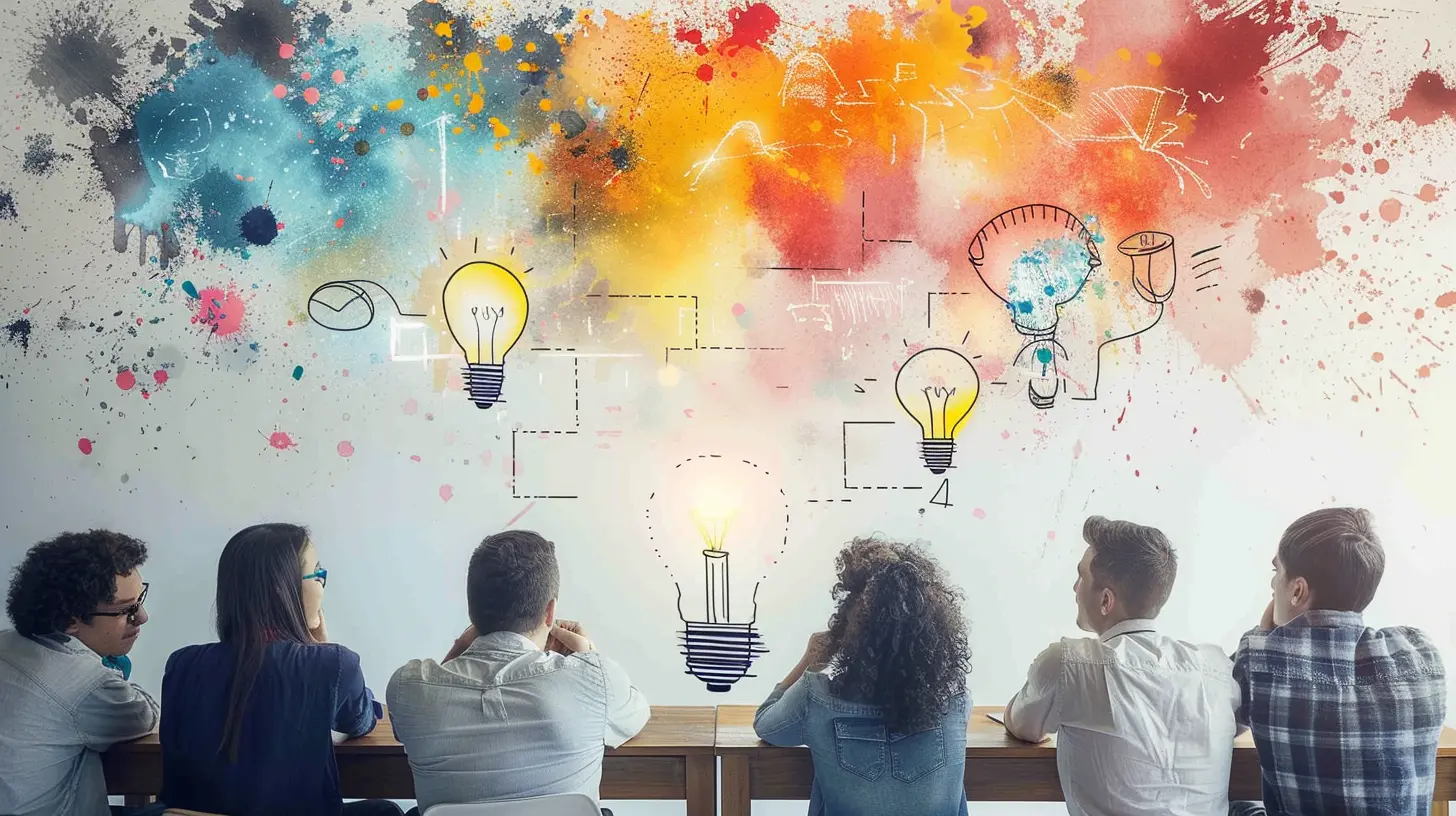
Collaborative Learning Builds Communication Skills (And That’s a Big Deal)
Let’s be honest, communication isn't just about talking. It’s about listening, understanding, and responding thoughtfully. And collaborative learning? It’s like a boot camp for your communication muscles.You learn to:
- Express your ideas clearly
- Listen without interrupting (yep, that’s a skill!)
- Give and receive feedback like a pro
- Respect different opinions (even when they drive you bonkers)
These skills are gold, whether you’re in a classroom, a boardroom, or even just navigating relationships. And the best part? You get better at them the more you collaborate.
Teamwork Makes the Dream Work (Literally)
Here’s the tea: working well with others is an actual superpower. And guess what? Collaborative learning is like a training ground for teamwork.You learn to:
- Identify everyone’s strengths
- Delegate tasks (without drama)
- Manage conflicts (yes, it happens)
- Celebrate wins as a group
The more you practice these, the easier it gets. In the workplace, teams are the heartbeat of innovation. Companies want folks who can jump in, work well with others, and help everyone shine.
So yeah, those late-night group projects? They’re secretly preparing you for career greatness.
Builds Critical Thinking and Problem-Solving Skills
Here’s a fun fact: when you work with others on a challenge, your brain does cartwheels. Okay, not literally—but it definitely works harder.Collaborative learning pushes you to:
- Look at problems from new angles
- Ask better questions
- Think deeper and more independently
- Evaluate different perspectives
Imagine trying to solve a riddle. Alone, you might get stuck. But with a group? Someone might notice a clue you missed. This kind of problem-solving magic helps you develop critical thinking muscles that you'll use forever—be it in work, hobbies, or big life decisions.
Boosts Emotional Intelligence (EQ > IQ, Sometimes)
When you're constantly working with others, you start picking up on more than just academic stuff. You learn about people—their moods, motivations, and behaviors. That, my friend, is emotional intelligence.Being in collaborative settings helps you:
- Build empathy
- Practice patience (so key!)
- Read social cues
- Handle stress with grace
High EQ can make you a better team player, friend, leader, and even parent someday. It’s one of those behind-the-scenes skills that quietly powers major life wins.
Encourages a Growth Mindset (Mistakes Are Totally Allowed)
Let’s ditch the idea that messing up equals failure. Collaboration teaches us that mistakes aren't the end of the world—they’re stepping stones.In group settings:
- You see peers make errors and bounce back
- You share your own missteps (without the shame spiral)
- You understand that learning is a journey, not a race
This fosters a growth mindset—the belief that abilities can be developed through dedication and hard work. If you want to keep learning for life, a growth mindset is your best friend.
Fosters Accountability and Self-Motivation
Here’s the catch: in collaborative learning, other people rely on you. That’s a pretty powerful motivator.You learn to:
- Take ownership of your tasks
- Manage your time
- Show up for the team
- Push yourself to contribute meaningfully
And once you get into the habit of holding yourself accountable in group settings, doing it solo becomes second nature. That’s a key ingredient in lifelong learning—being able to manage your own progress, even when no one’s watching.
Breaks Down Learning Into Bite-Sized Chunks
Let’s face it, learning something new can feel like trying to eat a whole pizza in one go. (Delicious? Yes. Possible? Not really.)But when you learn with others, you can split up the "slices." Each person tackles a piece, and then you come together to share the knowledge. It’s efficient, stress-reducing, and way more fun.
Plus, you get exposed to perspectives and ideas you might’ve never considered if you were flying solo.
Prepares You for Real-World Challenges
Life isn’t a solo game—it’s a team sport. Whether you’re launching a startup, parenting a teenager, or planning a big trip with friends, you'll face situations where collaboration is a must.Collaborative learning mirrors these real-life dynamics. It’s messy. It’s unpredictable. But it also teaches you to adapt, collaborate, compromise, and keep moving forward.
Those are the exact skills you’ll lean on as you continue to grow, both personally and professionally.
Makes Learning Social (And Way More Fun)
Let’s not underestimate the power of fun. When you enjoy the process, you're more likely to stay engaged and continue learning. Collaborative learning makes education feel less like a chore and more like hanging out with your smartest (and weirdest) friends.You swap ideas, crack jokes, maybe even debate over iced coffee. That social aspect creates positive associations with learning, which can carry over into your adult life.
Suddenly, taking a weekend coding class or joining a book club doesn’t feel like homework—it feels like a good time.
Encourages Diversity of Thought
You learn best when you’re surrounded by people who think differently than you. Collaborative learning brings together diverse backgrounds, opinions, and experiences.This helps:
- Challenge your assumptions
- Broaden your worldview
- Make you more open-minded
- Teach you how to agree to disagree (maturely!)
The more you interact with different thinkers, the more comfortable you become with ambiguity, complexity, and change. And honestly, that’s what lifelong learning is all about.
It’s a Practice Ground for Leadership
Not everyone is born a leader, but everyone can become one. In collaborative learning environments, you get chances to step up, guide discussions, resolve conflicts, and support others.Sometimes you’ll lead. Sometimes you’ll follow. But each experience sharpens your leadership skills.
And here’s a secret: leadership isn’t about being the loudest person in the room. It’s about listening, empowering others, and making the team better. All of which get major upgrades through collaborative learning.
Final Thoughts: Group Work Rebranded
Look, group work gets a bad rap. But when done right, collaborative learning isn’t just bearable—it’s kind of awesome.It teaches you how to communicate, think critically, grow from mistakes, and work with all kinds of people. Most importantly, it trains your brain and heart to keep learning long after the classroom lights go out.
So the next time you’re paired up for a project, don’t groan—get excited. You’re not just learning the material. You’re learning how to keep learning for life.
And that, my friend, is the real win.
all images in this post were generated using AI tools
Category:
Collaborative LearningAuthor:

Bethany Hudson
Discussion
rate this article
1 comments
Kenna McDowell
Collaborative learning fosters essential skills like communication and teamwork, vital for lifelong success.
October 28, 2025 at 11:23 AM

Bethany Hudson
Thank you for your insight! Indeed, collaborative learning not only builds communication and teamwork skills but also lays the foundation for continuous growth and adaptability in various life scenarios.
